Unhindered From the Adult World
The sound of a horn echoes through the woods. “What is that?” I ask, surprised to hear a musical instrument in the middle of the forest. One of our camp counselors points to a boy slightly hidden in the marsh behind some bushes. He has taken a discarded hose and made it into a horn. He blows it again. Another child nearby yells, “Meeting! Meeting! Time for a meeting!” Children come running out from behind trees, boulders, and the marshy area to gather around their newly appointed leader perched up high on a log that transcends to the top of a partially constructed teepee. This is the “teepee” team. The children have decided upon this name at the beginning of the week. Some have camouflaged faces. Others are holding handmade bow and arrows. They have serious looks on their faces. Hands start to rise up as their leader poses a question. Plans are devised.
In the far corner of the woods, are some giant boulders. On top of these boulders is the “rock clan.” They watch the other team closely from their seats made out of tires and hay. They decide it is time they hold a meeting as well. Only they conduct their meeting in silence, not wanting the other clan to know they are assembling. The rock clan devises a plan on how to steal the “jewels” the teepee team coveted and hid on top of the teepee.
War cries are let out. The horn sounds again. The rock clan springs into action to try and steal the jewels. The teepee team defends the teepee and puts attackers in “jail.” This complex play scene continues throughout the week, getting more and more complicated with each passing day, as new plot twists ensue. There is no talk of being bored or asking what is next on the “schedule.” When it is time for free play, the children jump right back into their roles and begin the elaborate game they had created, independent from adult direction.
Surprised at the creativity and complexity of the children’s play, a parent asked me, “Did you come up with this idea of ‘war’ play for them?” The answer was simple: no. Free play is the children’s time to decide the rules and create the play schemes. And every time is different. Some weeks the children playhouse, using the woods as their inspiration. Other weeks, children create stores. Superheroes often come alive, and other times kids develop hierarchies similar to the clans they had developed in the above example. However, one thing remains consistent: the more children play, the more elaborate and creative they get.
When the adults step back and allow for free play to occur, limits are tested, nature deficit disorder disolves, and children gain many valuable physical, sensory, emotional, and social skills:
Children test their physical limits
They challenge their bodies when they run through the woods dodging trees, navigating hills, and climbing boulders quickly and efficiently. They have to. Their “lives” depend on it! Or at least that’s what it feels like when they are immersed in a bout of pretend play with a group of other children in the wild.
During free play, children tend to take more risks than usual. Caught up in the moment, they may scale a tree a little higher to avoid an “attacker” or roll down a hill to get into character, true combat style. With continued practice, children develop stronger bodies, better coordination, and improved body awareness.
When children play outdoors on a regular basis, there is no need for exercise. Through meaningful play experiences, children will challenge their muscles in new ways, get aerobic exercise, and improve their endurance over time. In fact, children are likely to be more motivated to move often when engaged in free play versus participating in specialized exercise sessions run by adults.
Children engage their senses
Take away the walls and children are surrounded by a magnitude of different sensations. Using the “war” example in the beginning of this article, picture this: As the children run through the woods, the wind is gently blowing against their faces; sunrays peek through the trees, warming their skin as they play; their bare feet experience a multitude of different touch experiences as they run on dried out leaves, pine needles, small sticks, dry and even moist dirt.
Walking and running on the uneven terrain challenges the child’s balance sense, as their body has to consistently adjust to the rolling and bumpy ground. Rolling down the hills provides much-needed vestibular (balance) input and picking up heavy tires and sticks provides great proprioceptive (senses in the joints and muscles) feedback. Their senses are fully engaged leading to healthy sensory and motor development. The great outdoors offers the ultimate sensory experience to the growing child. There is no better replacement for this.
Children practice emotional regulation
During play, children also learn how to regulate their emotions, anger, and fear. Peter Gray, [https://www.psychologytoday.com/blog/freedom-learn/201206/free-play-is-…] a research professor at Boston College studies play behavior in children. He states that children develop their emotional skills during risky and pretend play.
In fact, children will purposefully put themselves in “dangerous” but tolerable situations, in order to practice controlling their fear and anger. Examples of this type of play are climbing trees, swinging high and fast, play fighting, wrestling, and taking on character roles such as being the “monster” during pretend play. He also states that “play doesn’t always look happy.” Through play, children learn to manage their emotions, an essential skill that is needed throughout life.
We see this all the time at camp. When children develop their play schemes, there is often an element of fear and excitement. Sometimes the children come up with ways to “steal” things from the other team. They steal everything from pieces of the other team’s fort to coveted items such as jewels, necklaces, nature bracelets, homemade weapons, etc. This can go on for days until one or more children get tired of the stealing and feel that this is no longer acceptable. At that time, they are forced to work through their frustrations and anger in order to keep the play going.
Children also participate in “sword” fighting with friends using long sticks. They learn to regulate how much force to use to prevent actually harming the other child. The sheer motivation to keep playing helps them to manage their emotions. Other children create contests such as how long they can hold onto the rope swing and who can climb the highest on the tree. Kids become soldiers, villains, superheroes, and more. Through free play, children have the opportunity to resolve conflicts, experience excitement, and learn to deal with frustrations and even anger.
Children improve their social skills
"I’ll trade you three pine cones for the sunshine necklace,” a nine-year-old girl says to a five-year-old boy. Pinecones are worth dollars in our woods. “Wow! Deal,” the little boy says. The sunshine necklace is the most coveted and “powerful” necklace according to the children. It holds the most superpowers out of all of the necklaces in the woods, including invisibility, strength, and speed. The girl gives out a little yelp of joy and runs off with the necklace to show her friends the prize she just received.
During free play, children have ample opportunities to practice the skills of negotiation, trading, speaking their mind, problem-solving, and compromising. If they want to be accepted by a group of children, they learn that whining and yelling are not the best ways to communicate their needs. As play schemes develop, children take turns adding their own ideas and negotiating the rules and regulations surrounding their play. They work to determine who will be the leader, the top spy, the “second in command,” and the guard. As they take on roles, they learn to reach out to their friends for help or to exchange more ideas. In fact, to keep play going, it takes a lot of work. Children need to be in constant communication and negotiation with each other. It is during play, where children learn how to become flexible and stand up for their needs and the needs of others.
Free Play Away From the Adult World
In a time when children are given less opportunity for free play than ever before, it is critical that we start recognizing the therapeutic value of free play outdoors. Free play is not simply a time to “get energy out,” but it is essential in fostering healthy child development. This playtime is especially therapeutic when children are given the opportunity to play away from the adult world.
More and more it is becoming the norm for adults to direct children’s play. Children are often signed up for a multitude of afterschool activities, such as scouts groups, band lessons, art exploration sessions, and organized sports. Sometimes these occur every day of the week and are often run by an adult. These are all great activities for children; however, they should be a supplement to children’s play allowing time for child-directed play as well.
At the same time, popular parenting magazines and blogs tote the benefits of playing with your children. I agree. We need to play with our children. This is our chance to spend time and bond with them! But they also need time to play with friends and on their own independently. How else will they learn to take control over their play if not given the opportunity to do so?
When given the chance to play independently and with peers, children will naturally challenge their bodies, their senses, their emotions, and their social skills all on their own. They don’t need an adult to role-play emotions with them or to constantly tell them to be “careful” or to stop what they are doing. Children need to move their bodies in all different ways, test new theories, create their own games and rules, and to play for hours on end in order to develop strong senses, bodies, and minds. They do this best through real authentic play experiences, especially outdoors, where all the senses are ignited.
It is time that we start making free play outdoors a priority. Healthy child development depends on it.

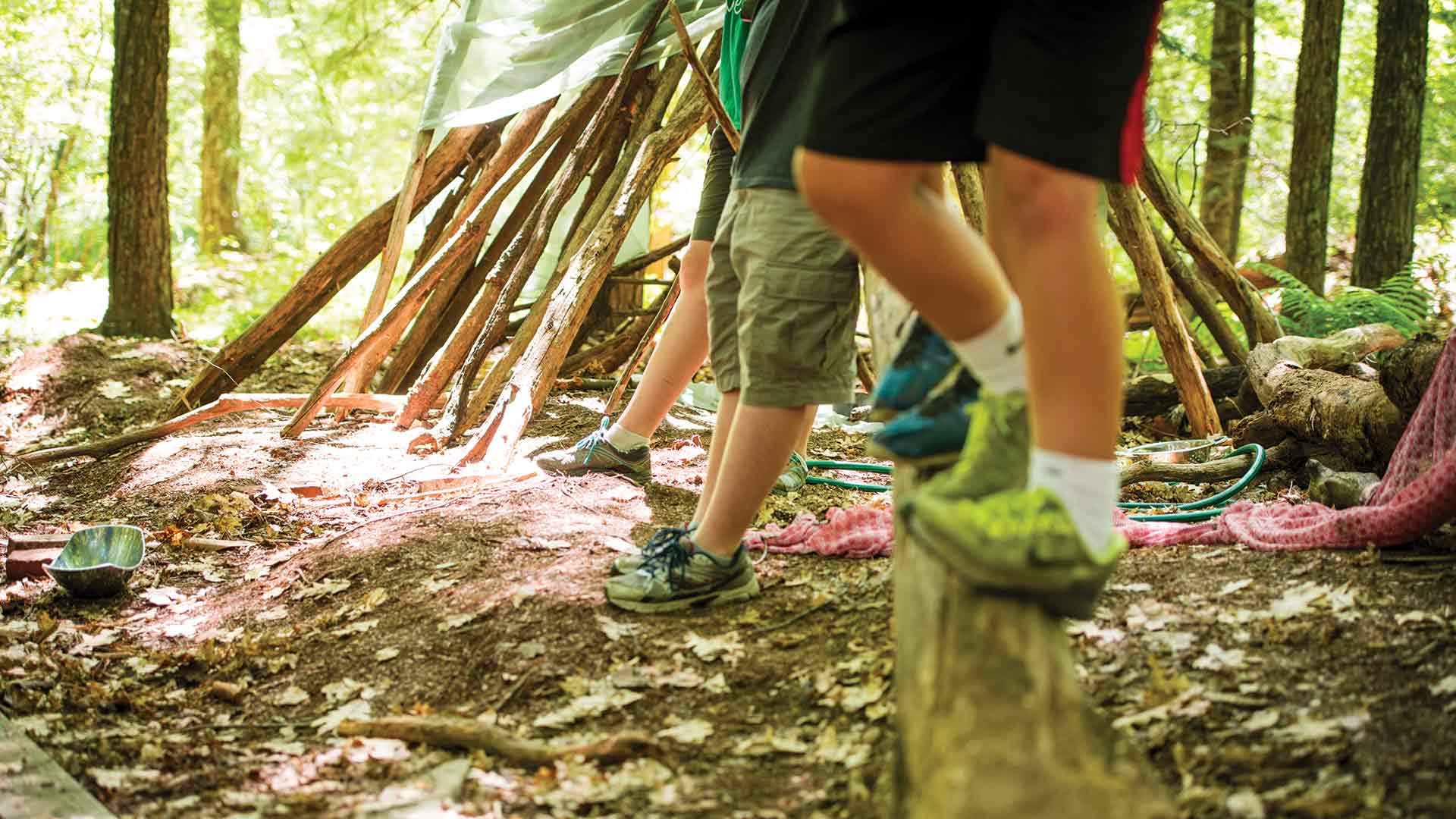

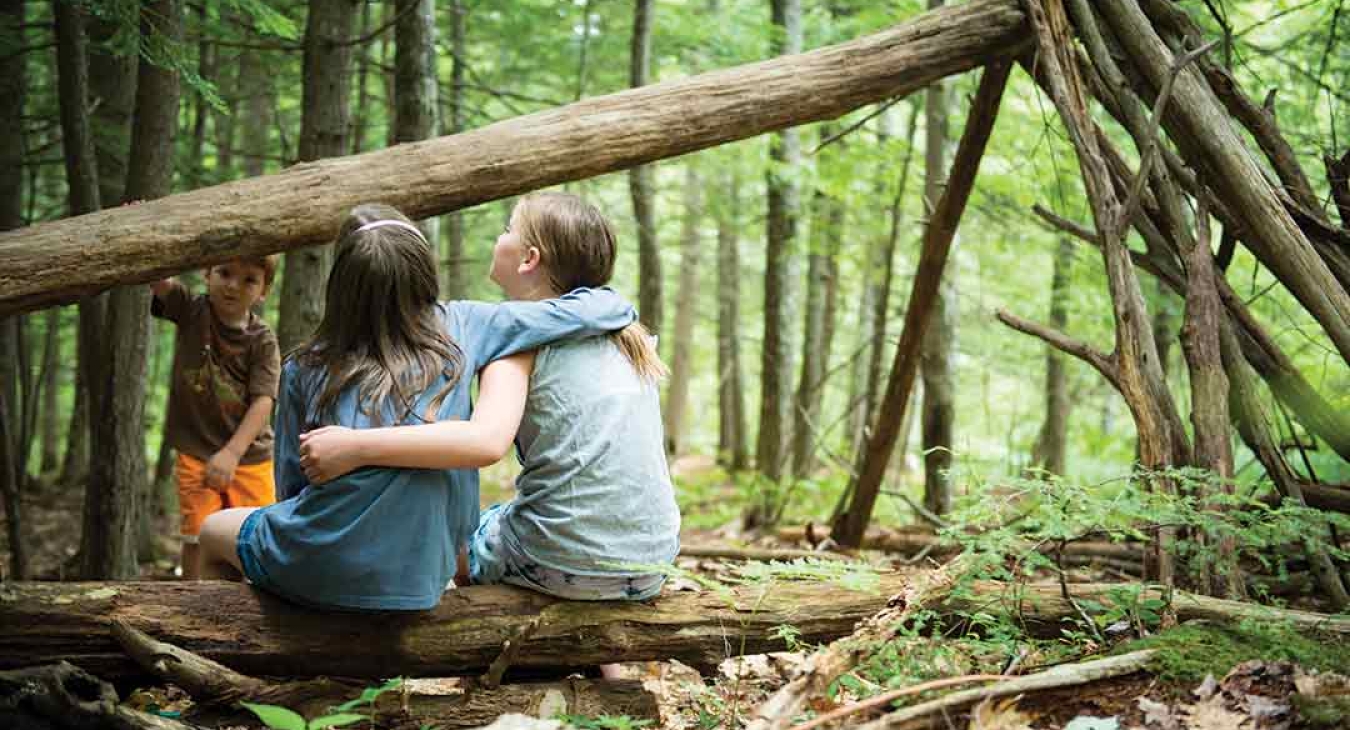
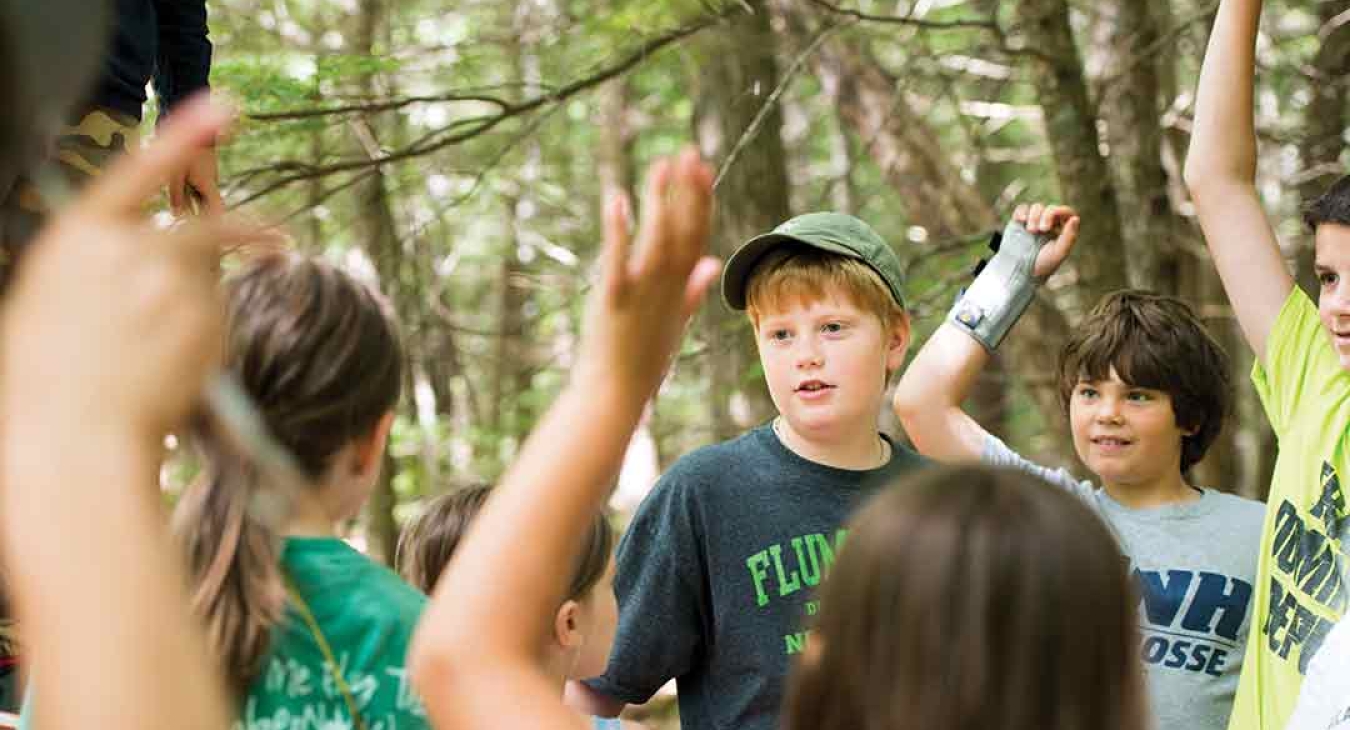
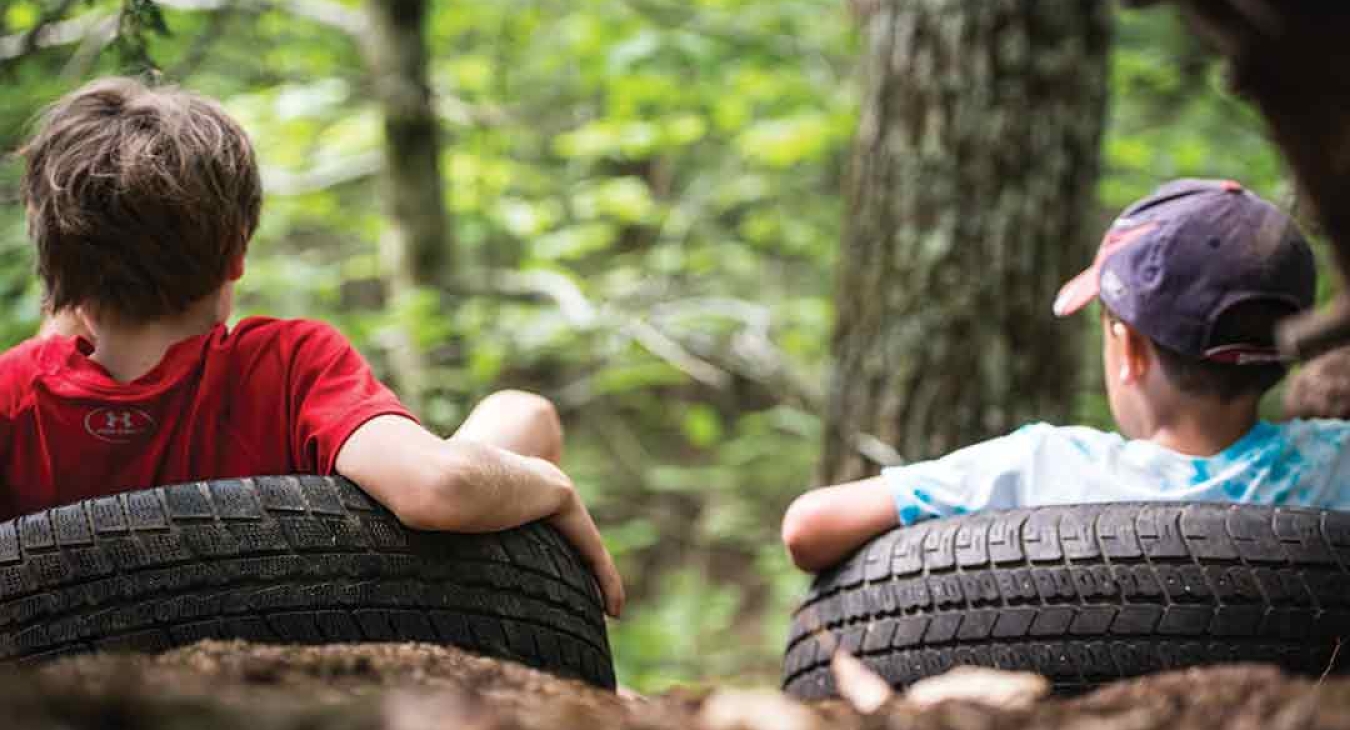
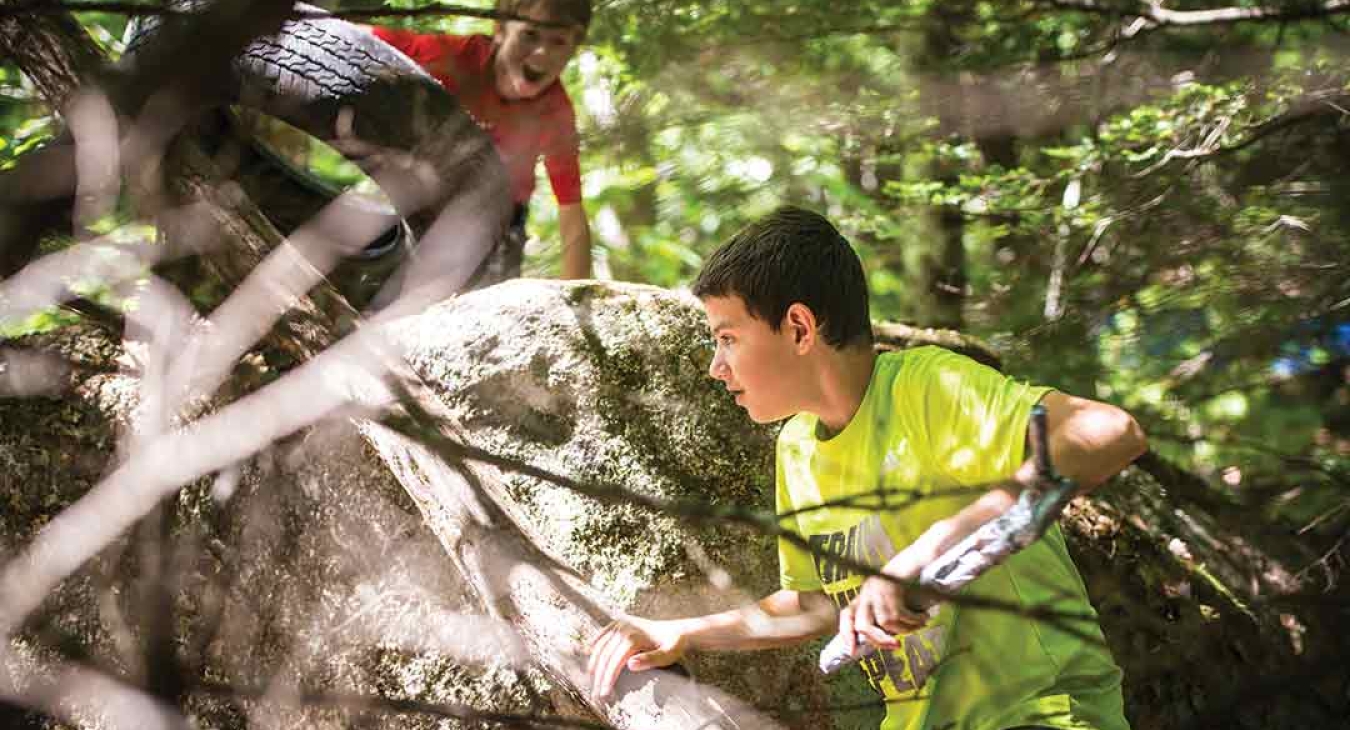
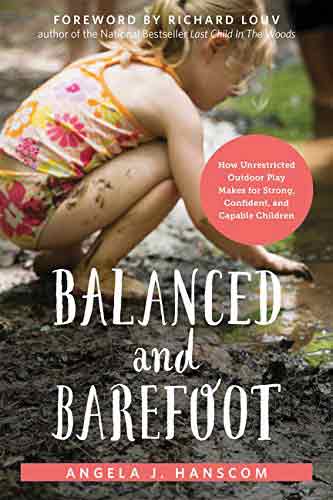
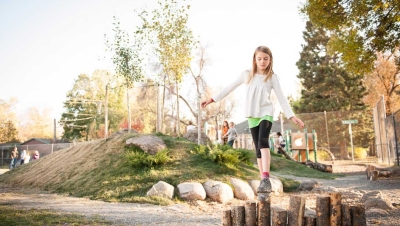




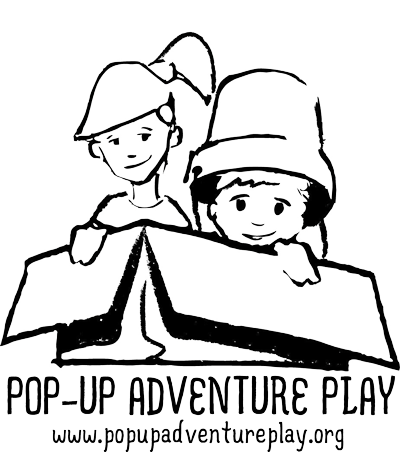

I'm looking for this too
As a PTA we have raised 20k for playground updates. I would like to see us make a purchase that would make a real difference. Any advice you could provide on how to convince the administration to go for something less traditional would be great.
Outdoor play
Thank you for reminding me why I should be sending my kids outside to play!
play outdoors
It is so refreshing to see kids playing outside and a smile on the face of every one of them. I am of a time when this how we played on a daily basis and nothing needed to have batteries or plugged into the wall! Brilliant work....
Sources
Where can I find links to the studies to help me persuade my child's school? Eg, children are more likely to be motivated to move... Rolling down Hills develops vestibular system... The school is very driven by evidence in classroom practice and I think I can make a difference if I can persuade them of the research
Add new comment